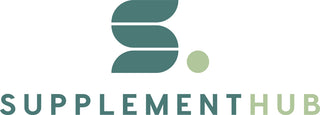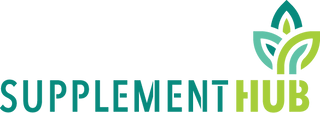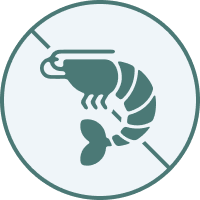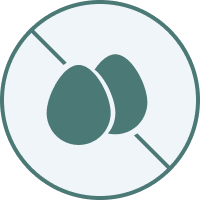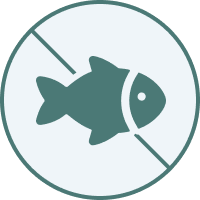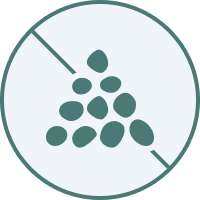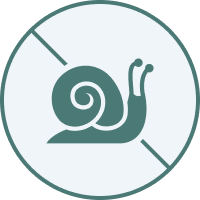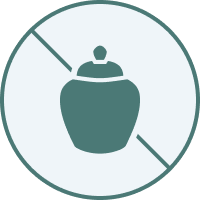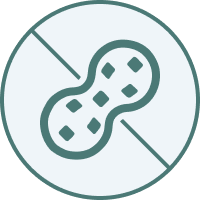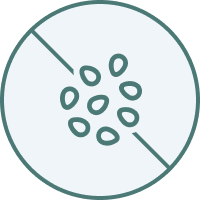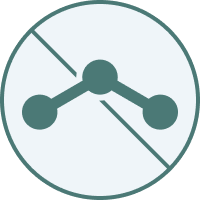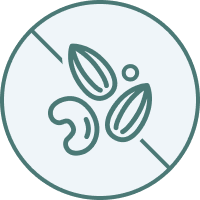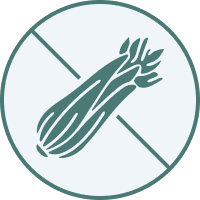Reishi Supreme - 90 Capsules | Supreme Nutrition Products
Reishi (Ganoderma lucidum) has been used in the Far East for approximately 4,000 years. In China it is called Ling Zhi (mushroom of immortality). Historically, it has been used as a longevity herb to treat kidney disorders, liver disorders, bronchitis, asthma, gastric ulcers, fatigue, insomnia, heart disease, cancer, and dizziness, as well as to prevent altitude sickness. The bioactivity is due to the polysaccharides (over 100 types including beta-glucan), triterpines, proteins, sterols, minerals (including germanium) and fatty acids.
There have been many studies on Ganoderma showing it to be antimicrobial (specifically antibacterial against H. pylori and certain species of Klebsiella), and antiviral, including anti-HIV. Our clinical tests have also found it useful at times for fungal and parasitic issues. Reishi also exhibits the following properties: chemoprotective, anti-inflammatory, hepatoprotective, anti-oxidative.
Reishi (Ganoderma lucidum) has been used in the Far East for approximately 4,000 years. In China it is called Ling Zhi (mushroom of immortality). Historically, it has been used as a longevity herb to treat kidney disorders, liver disorders, bronchitis, asthma, gastric ulcers, fatigue, insomnia, heart disease, cancer, and dizziness, as well as to prevent altitude sickness. The bioactivity is due to the polysaccharides (over 100 types including beta-glucan), triterpines, proteins, sterols, minerals (including germanium) and fatty acids.
There have been many studies on Ganoderma showing it to be antimicrobial (specifically antibacterial against H. pylori and certain species of Klebsiella), and antiviral, including anti-HIV. Our clinical tests have also found it useful at times for fungal and parasitic issues. Reishi also exhibits the following properties: chemoprotective, anti-inflammatory, hepatoprotective, anti-oxidative.

A happier, healthier life.
Supplement Hub launched in 2019 with the aim to simplify getting and staying healthy through the use of nutritional supplements. We believe the right products can make a big difference, and we work hard to bring you the very best.
- High-quality supplements at an affordable price
- Evidence-based dosages and the best raw materials
- All supplements are carefully selected by our practitioners
